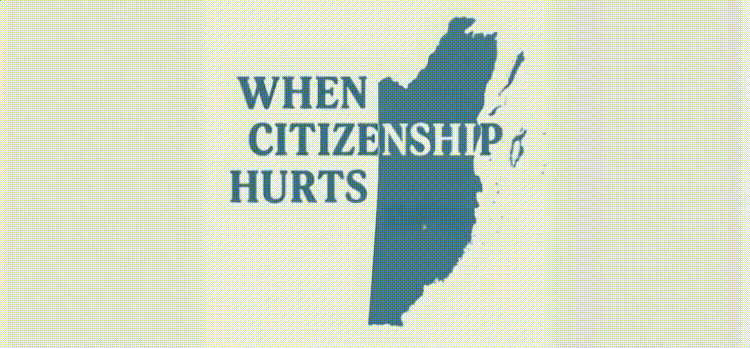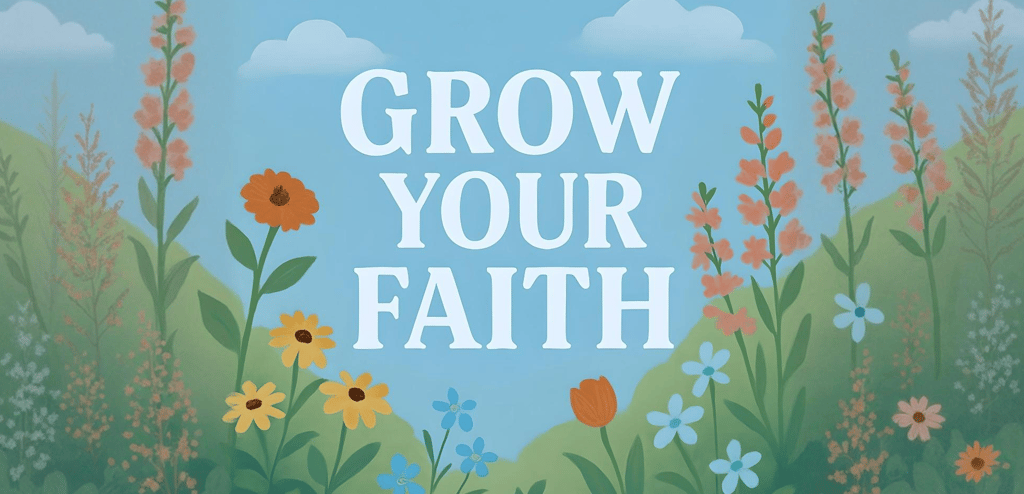When Citizenship Hurts
A Christian Reflection on Belonging, Dignity, and the Church’s Role
BY LEAD WRITER AT GRIEFBLOOMS.COM
5/26/20254 min read


In some places, the word citizen rolls off the tongue like a promise. A word that should mean belonging, safety, and shared responsibility. But for too many LGBTQ+ people around the world, that promise doesn’t match their lived reality.
In Belize—a country shaped by vibrant cultures, colonial histories, and complex intersections of faith and identity—the gap between legal citizenship and lived citizenship is heartbreakingly wide.
What does it mean when someone says, “I am seen as a gay man before I am seen as a citizen”? It means that dignity has become negotiable. That walking down the street can be a risk. That the mockery hurled from porches and pulpits carries the full weight of cultural permission.
It also means that when that same person tries to speak out—on mental health, on women’s rights, on environmental or Indigenous concerns—they’re met not with welcome, but with tone policing: “Why are you so angry?” “Can’t you say it more nicely?” “Don’t make this about you.”
But here’s the truth that many churches still haven’t reckoned with: Grace does not require silence. Dignity is not earned by tone. And pain will always speak—whether the Church listens or not.
As Christians, we are called not to gatekeep grace, but to extend it—especially where it’s been denied.
Too often, the Church in Belize (and elsewhere) has operated less like the body of Christ and more like a border patrol—deciding who gets access to compassion, who is “acceptable,” and whose pain gets acknowledged. And when the Church merges its spiritual influence with cultural mockery or institutional silence, it doesn’t just wound—it exiles.
Let’s be clear: this is not a call for pity, or for LGBTQ+ people to be treated as charity cases. This is a call to repent—to turn away from the comfortable distance of doctrine and return to the raw, inconvenient nearness of Jesus.
Because Jesus never required people to soften their voices before he listened.
He never demanded that their pain be polite. He never told the outcast to wait until the crowd was ready.
In fact, it was the crowd he most often rebuked.
When LGBTQ+ people in Belize speak out, even if their words are fierce, even if they are tired of explaining, they are not dividing the nation. They are revealing the fractures that already exist. And they are doing so with more courage and integrity than many pulpits dare to show.
To be a Christian in this moment is not to defend the Church’s reputation, it is to repair the breach.
To say to those who have been mocked, sidelined, or erased: You are not less. You are not a problem. You are not a threat to God’s love. You carry the image of the divine just as you are.
And if that truth unsettles our institutions, then maybe our institutions need unsettling.
Because our faith, if it is worth anything, must first be good news to the oppressed.
And if we claim to follow Christ, then we cannot stand on the sidelines while citizenship becomes a wound, and silence becomes survival.
We must stand in the gap. Not to speak for, but to stand with.
And for those who have had to bulldoze their way into visibility, let it be said: Your resistance is sacred. Your presence is prophetic. And some of us in the Church are finally learning to listen.
Want more articles like this that speak to faith, justice, and the lived experience of LGBTQ+ people of faith?
Join our mailing list and never miss a new post from Pride Faith Voices.
When Citizenship Hurts: A Christian Reflection on Belonging, Dignity, and the Church’s Role
The Voice That Inspired This Article & Reflections:


Caleb Orozco has been an activist for over two decades, leveraging international human rights systems, legal reform, court advocacy, and economic development efforts to advance quality of life and equality for LGBTQ+ Belizeans.
Follow Caleb on Facebook and Instagram


Reflection for the Soul and the Streets
Questions:
If this reflection stirred something in you, stay connected.
Sign up to receive future articles from Pride Faith Voices and join a growing network of believers committed to grace with courage.
No spam. Just voices that matter.
When have I confused comfort with compassion in my response to someone else's pain?
Have I ever withheld empathy because someone's tone made me uncomfortable?
How does my faith call me to respond when someone’s dignity is being denied—even if I don’t fully understand their experience?
What would change if I listened, not to reply, but to recognize someone’s humanity?
Empowerment
Reclaiming faith for all.
Connect
© 2024. All rights reserved.
Content Disclaimer: All content shared on Pride Faith Voices belongs to the individual writers and reflects their personal views and experiences. These opinions and perspectives do not necessarily represent the official stance of Pride Faith Voices as a whole.




